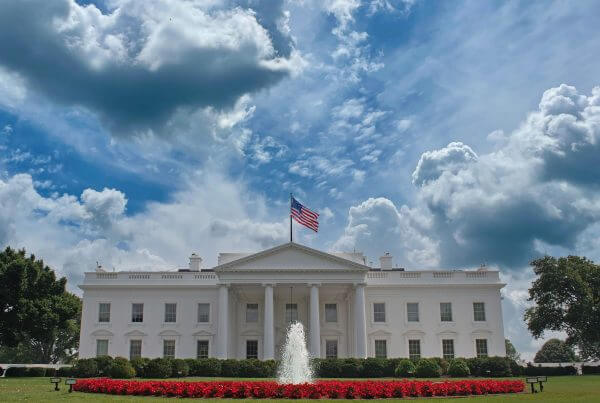Key Points
- President Biden has outlined profound changes to the US immigration system
- Changes include repealing the Trump administration’s “Muslim” travel ban, shortening the timeframe for obtaining citizenship, and providing additional protection for DACA recipients
- On his first day as president, Biden signed 17 executive orders and sent an immigration bill to Congress
- More executive orders will be signed throughout the week
- Many COVID-19 restrictions implemented during the Trump administration are likely to remain in place or be reinstated due to ongoing health concerns
Overview
Shortly after his inauguration, President Joe Biden sent an extensive immigration reform bill to Congress today. Additionally, he signed a series of executive orders related to immigration.
What are the Changes?
President Biden proposed many changes on day one of his administration, including expanding admissions for refugees to the US and creating a faster route to citizenship via legislation. In addition, he rolled back the Trump administration’s travel ban on Muslim-majority countries. The changes are encompassed in a series of executive orders and an immigration reform bill referred to as both the “Biden-Harris Bill” and the “US Citizenship Act of 2021.”
Executive Orders
Six out of the 17 proposed executive orders touch on immigration. They include:
- Reversing the “Muslim” travel bans
- Ceasing the U.S.-Mexico border wall construction
- Counting non-citizens in the US census
- Ending harsh and extreme immigration enforcement
- Preserving and fortifying protections for DACA recipients
- Continuing humanitarian relief for Liberians
One of Biden’s first initiatives is to extend opportunities for individuals in the Deferred Action for Childhood Arrivals (DACA) program, which was created in 2012 by the Obama Administration. The DACA program gives children of undocumented immigrants who were brought to the US illegally the opportunity to continue living and working in the country without the risk of deportation. Among other immigration policies, DACA has been the subject of extensive litigation under the Trump administration.
Additionally, President Biden repealed the travel bans imposed by the Trump administration on several Muslim majority countries, including Iran, Iraq, Nigeria, Myanmar, Kyrgyzstan, Eritrea, Somalia, Sudan, Syria, Yemen, and Libya. The original travel ban, which was issued in 2017 via Proclamations 9645 and 9983, blocked entry into the US for travelers from those countries and limited the types of visas for which they could apply.
Another top priority for Biden is to ensure that all US non-citizens are included in state population counts, regardless of whether they are in the country legally. Biden will reverse Trump-era policies that omitted US non-citizens without legal status from state population counts through this executive order. The move is significant because it determines states’ representation in Congress and the Electoral College. Additionally, the executive order will align with the 14th Amendment’s direction to include the “whole number of persons in each state” in Census population counts.
Immigration Reform Bill
Along with the execution of the executive orders, President Biden and Vice President Harris sent a broad immigration reform bill—called the Biden-Harris Bill—to Congress with the help of Congresswoman Linda Sanchez. One of the bill’s main facets is to reduce the time it takes for foreign nationals to obtain US citizenship. Currently, it takes 13 years for individuals to become citizens of the US. The Biden administration plans to shorten that time to eight years. President Biden’s proposed plan affects individuals without legal status living in the US as of January 1, 2021. The new bill will give affected foreign nationals five years of temporary status. They will be able to apply for a green card after meeting specific requirements, including passing a criminal background check and paying taxes. They can apply for US citizenship three years afterward.
The immigration reform bill will also permit specific individuals deported from the US under the Trump administration to reunite with their families. The bill will also exempt dependents of green card holders, including spouses and children, from employment-based immigration quotas, and it will recapture employment-based visas available to green cardholders. Dependents of H-1B visa holders will also be eligible for work permits.
Looking Ahead
President Biden is expected to continue signing executive orders throughout the week. Updates will be provided as they become available.





